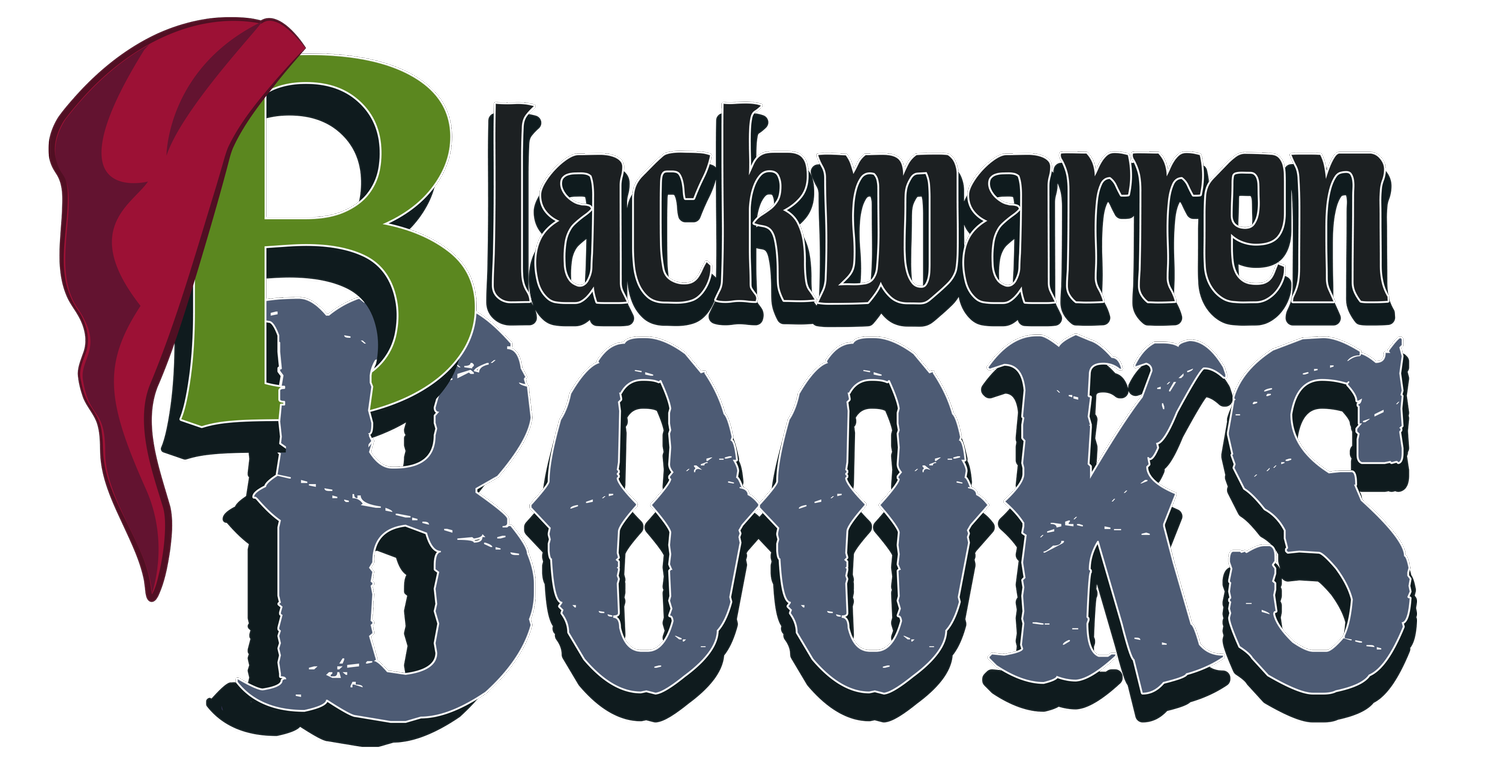Launch Day
To think this all started because of writer’s block. While I was attending Goddard College for my MFA, I studied under Rachel Pollack, and she shared a pet peeve of hers that eventually became one of mine: the misuse of the term “writer’s block”. I’d used it a lot beforehand if it had been several days since I’d written a chapter, but I was soon told that I didn’t have writer’s block, I was just stuck, or my brain was taking a break. Writer’s block was if you hadn’t written for years, trapped and unable to conceive of an idea that would last a weekend, much less a complete story. I know there are many who will claim otherwise, but that’s why it’s called “a pet peeve”, not a moratorium on other writers.
It was something that had multiple facets, not just one cause, one wall that needed to be broken through, but rather an array of bad experiences, anxiety, depression, trauma, self-loathing, the sorts of things that make it understandable to see a therapist. Mine was over six years. The primary factors were trauma at my job, mental health, and most of all, the need to please readers and reviewers, more the former, and more the type that tell you everything you did wrong. It was also the reality of the industry: if you’re writing LGBTQ+ characters, they had better be in a romance, or supporting cast in a genre work existing primarily to make the protagonist seem more open and accepting, but with little other character development given.
It was the reality of knowing that my work in urban fantasy would never be shelved as urban fantasy, but as M/M, a fetish tag, slash fiction, where the plot takes a back seat to porn, where a gay male lead had to be 18-25, and play the role in a romantic fantasy. Otherwise, you were asked by agents, editors, and the like to tone down the character, or outright erase any indication of their identity. Your character was either grist for the Romance mill, or a token. Never the hero, until heroism was achieving a romantic (and sexual) relationship, and maybe something about conflict outside of relationships? Get in the mindset that you can only write that sort of fiction if you want to write stories about people like you, and over time, it’s less about loving writing, and more about ticking boxes, having the right scenes focused on, and providing adequate filler between love scenes.
So I couldn’t write anymore, for a long time. I was talking myself out of so many stories, characters, plots, because they wouldn’t sell, or be reviewed well, or would be left to decay on the shelf of WIPs. I gave up, committed myself to my day job, and the block dragged on.
So what changed? A Goblin. A vulgar jerk with a heart of gold who can’t finish a sentence, nay, a thought, without saying “Fuck.” I’d never written anyone like Nick Blackwarren before, but the words flowed, life returned to the setting, the Argent City, that I’d spent years developing, seeing it through the eyes of someone who isn’t the typical protagonist, who won’t have any thirst pics drawn of him, who calls out the fairy tale template too often seen in M/M, and works for an actual relationship instead. In any other urban fantasy, he’d be an annoyance, a villain, a complication, and if he were in something like Butcher’s Dresden Files, he’d likely be dead (probably so that Harry Dresden could, once again in the most forced, writerly, in organic way possible display that Harry, and his author, are totally cool with gay people.
I started Blackwarren Books because, well, fuck that. I call it Blackwarren Books because Nick pulled me out of a dark place, creatively, where the complications brought about by Broken Mirrors could see their end. I started Blackwarren Books because there are so many LGBTQ+, marginalized, and othered writers who have stories and protagonists where people like them can be the hero, save the world, and not have it qualified or diminished because of their identity, so that we can finally Be the Hero, Not a Token.
Tim Bristol-Sigg
Founder, Managing Editor
